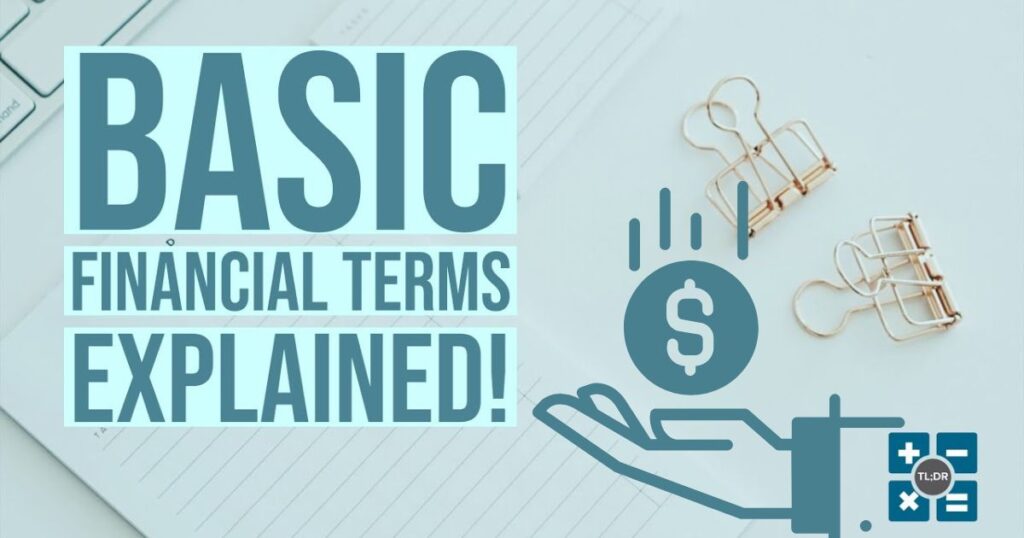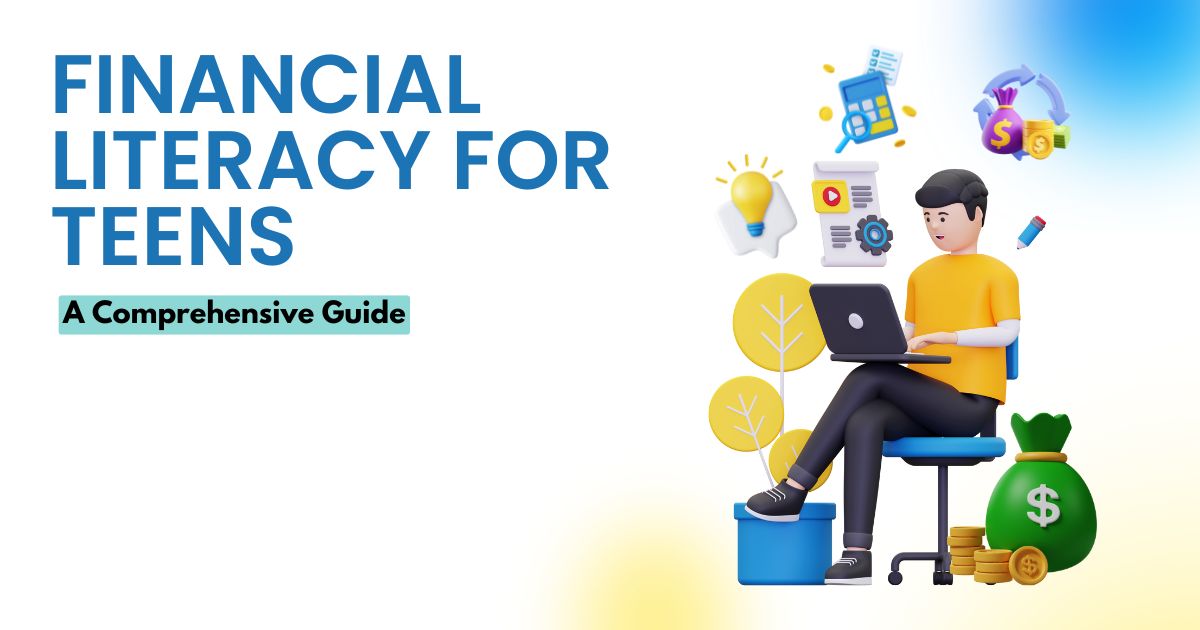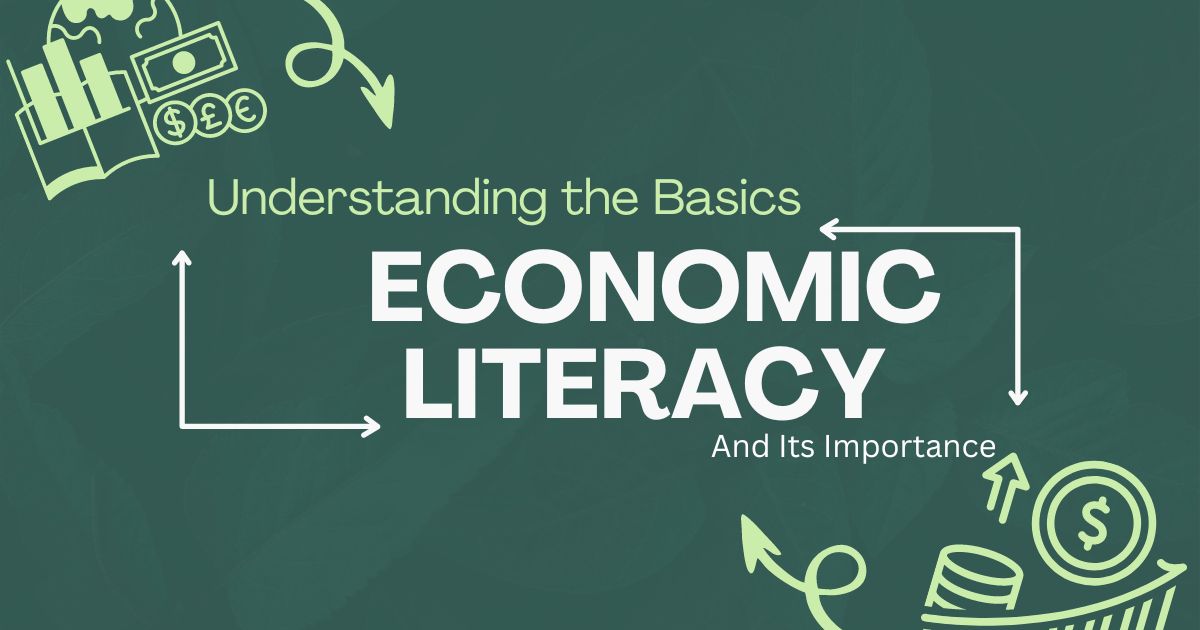Table of Contents
ToggleIntroduction
What is Financial Education?
Financial education refers to the knowledge and skills needed to make informed decisions about managing money. It includes topics like budgeting, saving, investing, debt management, and understanding financial products such as credit cards and insurance.
Why is Basic Financial Education Important?
Promotes Financial Independence
Learning how to budget and save empowers you to achieve financial goals without relying heavily on debt or external support.
Reduces Financial Stress
Understanding how to manage finances can prevent issues like overspending, mounting debt, or insufficient savings, reducing stress and improving mental health.
Prepares for Emergencies
Basic financial knowledge helps you build an emergency fund, ensuring that unexpected expenses don’t derail your financial stability.
Key Components of Basic Financial Education

Key Components of Basic Financial Education
Budgeting
A budget is a plan for managing your income and expenses. Start by tracking your spending, categorizing expenses, and setting realistic limits. Tools like mobile apps or spreadsheets can make budgeting more accessible.
Saving
Developing a habit of saving is crucial. Experts recommend the 50/30/20 rule:
- 50% for needs (rent, food, utilities)
- 30% for wants (entertainment, hobbies)
- 20% for savings and debt repayment
Consider setting up an automatic transfer to a savings account to make saving effortless.
Debt Management
Understanding good vs. bad debt is critical. While a mortgage or student loan can be considered “good debt” (when managed responsibly), credit card debt often carries high interest and should be minimized.
Tips for managing debt include:
- Paying more than the minimum payment
- Avoiding new debt while repaying existing balances
- Exploring debt consolidation options if needed
Investing Basics
Investing helps your money grow over time. Even if you’re new to investing, start small by learning about options like:
- Stocks
- Bonds
- Mutual funds
- Index funds
Focus on long-term goals and avoid chasing high-risk trends.
Understanding Credit Scores
Your credit score affects your ability to borrow money, rent flats, and even secure jobs. Key factors influencing your credit score include:
- Payment history
- Credit utilization
- Length of credit history
- Types of credit accounts
Aim for a score of 700 or higher to access better financial opportunities.
Practical Tips to Get Started
- Educate Yourself: Read books, attend workshops, or follow reputable financial blogs.
- Set Goals: Define short-term and long-term financial goals, such as saving for a holiday or retirement.
- Start Small: Even small savings or investments can lead to significant results over time.
- Seek Professional Help: If finances feel overwhelming, consider consulting a financial advisor.
FAQs For Basic Financial Education
What is the first step to financial education?
Start by learning how to create a budget and track your expenses. This helps you understand where your money is going and how to allocate it effectively.
How much should I save each month?
Aim to save at least 20% of your income, as per the 50/30/20 rule. Adjust this based on your financial goals and circumstances.
What is a good credit score?
A credit score of 700 or higher is considered good, while 750 and above is excellent. Maintaining a good credit score opens up better financial opportunities.
How can I start investing with little money?
You can begin with low-cost options like index funds, mutual funds, or even micro-investing apps that allow small, regular contributions.
Why is financial education not taught in schools?
While some schools have started incorporating financial literacy programs, it’s often overlooked due to curriculum constraints. Advocating for personal learning is essential to bridge this gap.
Conclusion
Basic financial education is a powerful tool for building a secure future. By mastering essential skills like budgeting, saving, debt management, and investing, you can take control of your financial journey and make informed decisions. Start today, and watch as small steps lead to big improvements in your financial well-being.
“Explore insightful content and empower your mind at Mind Take Power.”




